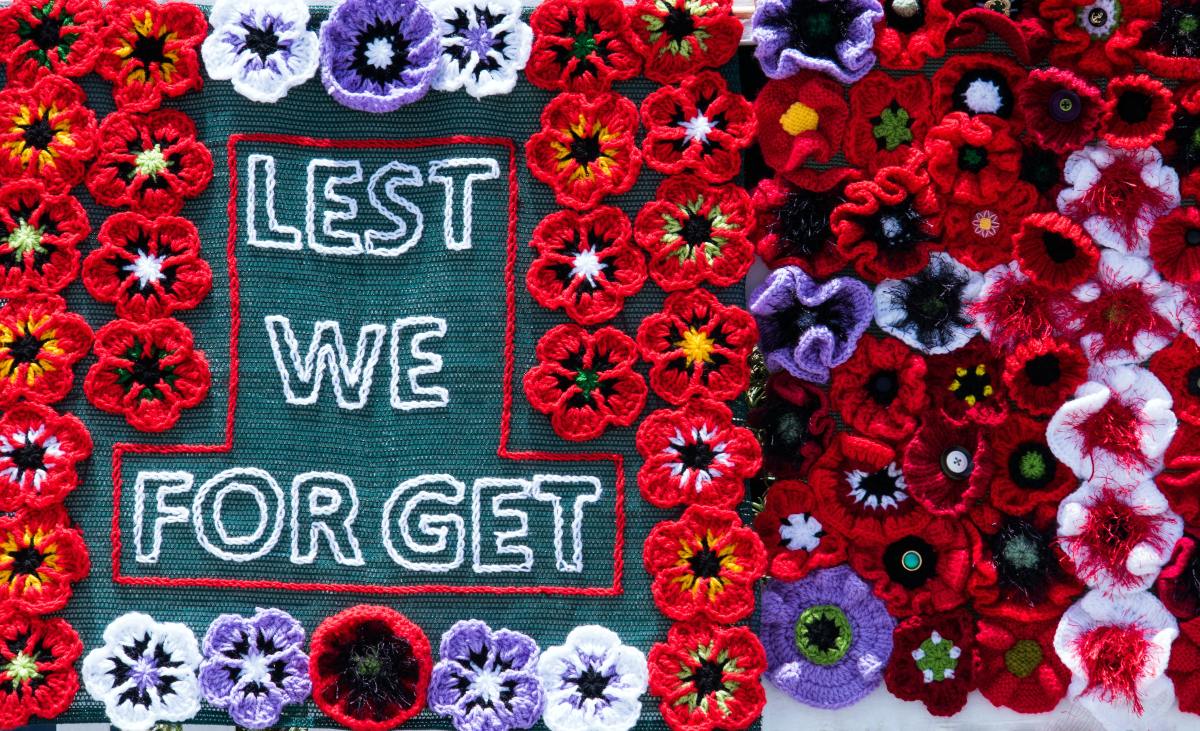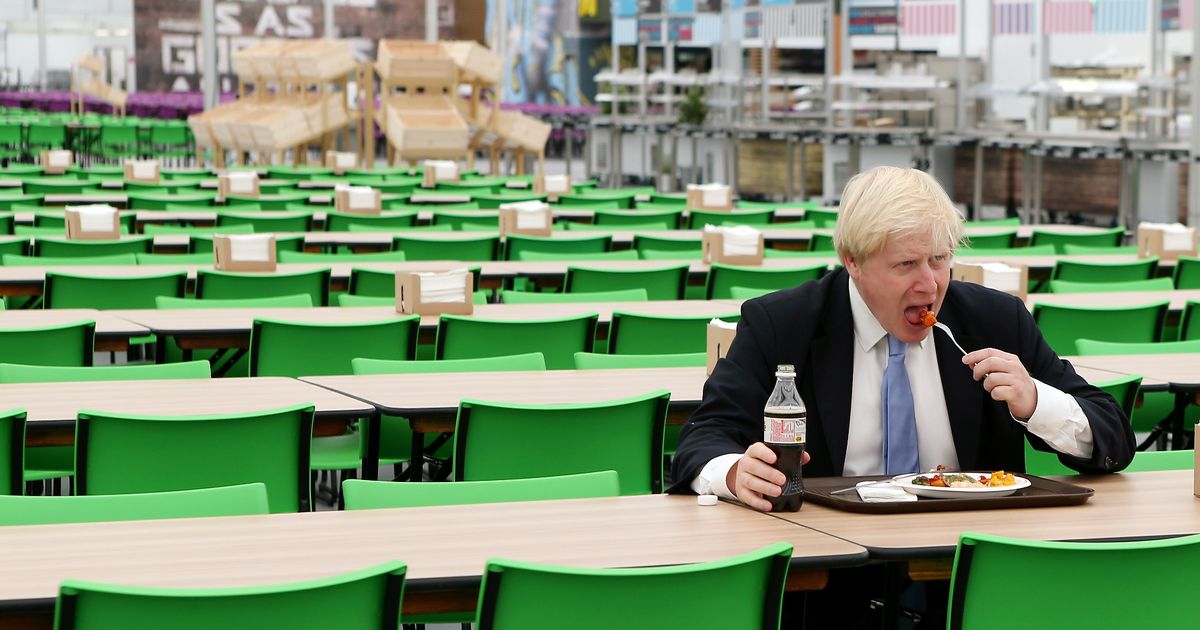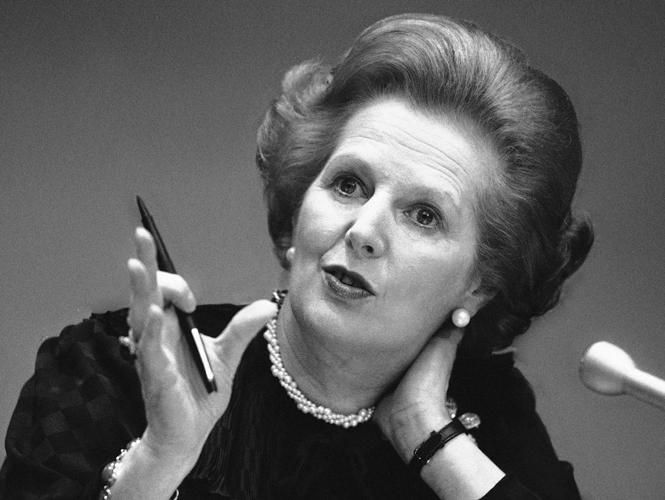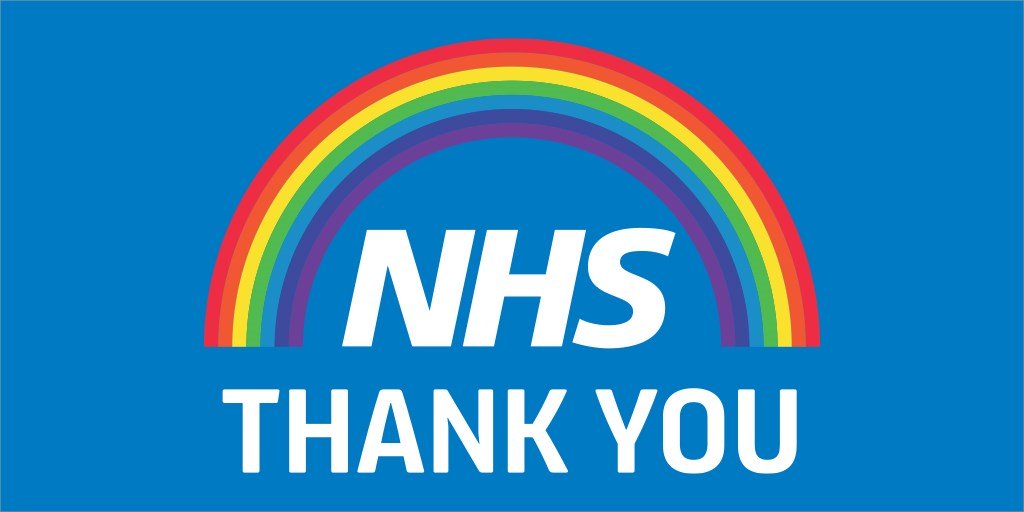Today marks the globally recognised day of solidarity with the people of Palestine. This is a UN organised observance that was officially established in 1977 to start in 1978. The following year they requested the issue of commemorative postage stamps. Outside of the performative gestures of solidarity there are a number of grassroots organisations that use the day to bring attention to the plight of the Palestinian people and the Trade Union Council here in the UK is an outspoken supporter of the people of Palestine. Instead of a lengthy article detailing the long and harrowing history of the ongoing apartheid we would instead like to show appreciation for the organisations that have been tirelessly advocating for the people of Palestine and hopefully to point you, dear reader, to a place that you might think you could get involved in to make a difference.
Palestine Solidarity Campaign
The Palestine Solidarity Campaign is currently the biggest organisation in the UK dedicated to advocating for the human rights of the Palestinian people. Their goals are stated on their website as follows –
- In support of the rights of the Palestinian people and their struggle to achieve these rights.
- Against the oppression and dispossession suffered by the Palestinian people.
- To promote Palestinian civil society in the interests of democratic rights and social justice.
- To oppose Israel’s occupation and its aggression against neighbouring states.
- For the right of self-determination for the Palestinian people.
- For the right of return of the Palestinian people for the immediate withdrawal of the Israeli state from the occupied Palestinian territory.
- In opposition to racism, including anti-Jewish prejudice and Islamophobia, and the apartheid and Zionist nature of the Israeli state.
Today they held an online Rally jointly with Jewish Voice for Peace and the BDS National Committee.
You can become a member of PSC and get more involved in their campaigns. They also rely heavily on donations as they don’t accept money from governments, political parties or big businesses. If you’re interested in getting involved in some capacity check them out here.
Scottish Palestine Solidarity Campaign
The Scottish political campaign for solidarity was established in September of 2000 in response to the second Palestinian uprising (intifada) against Israeli settler colonialism. They do similar campaigning and have been continually active in opposing the sale of Israeli goods in Scotland. To get more involved with this group check them out here.
Jewish Voices for Peace
Something that can quite easily be overlooked in the discussions about Palestine are the many Jewish voices that speak out in support of their right to self-determination and against Zionism. The US based Jewish Voices for Peace is one of the biggest organisational homes for Jewish activists. Starting in the mid 90’s they are ‘inspired by Jewish tradition to work for a just and lasting peace according to principles of human rights, equality, and international law for all the people of Israel and Palestine.’ Check them out here.
Celtic Supporters
Although never far from controversy, the ‘Green Brigade’ ultras group of supporters of Celtic FC have consistently protested in support of the people of Palestine and against the rise of Fascism. Despite warning from Police Scotland that there would be consequences, supporters of the club arranged for hundreds of Palestinian flags to be flown during a game against the Israeli team, Hapoel Be-er Sheva in 2016. When interviewed about the protest one of the supporters involved is quoted as saying –
‘We took a stand last night because we had to. This was an Israeli team, one whose town is built on occupied Palestinian land.
They were allowed to travel here freely for the game. Israeli football clubs can go anywhere they want, from Israel to any country in the world. That freedom of movement is not shared with Palestinian teams and players, who have restrictions imposed on them.’
With Israel’s continued efforts to undermine international law and encroach further on the lives of the Palestinian people it has never been more important to show real solidarity and try and affect change. If you can spare the time and/ or money, please do so. The word ‘solidarity’ is at risk of becoming the left-wing version of ‘thoughts and prayers’. It should be a call to action; a statement of intent.
Photo by Ahmed Abu Hameeda on Unsplash














